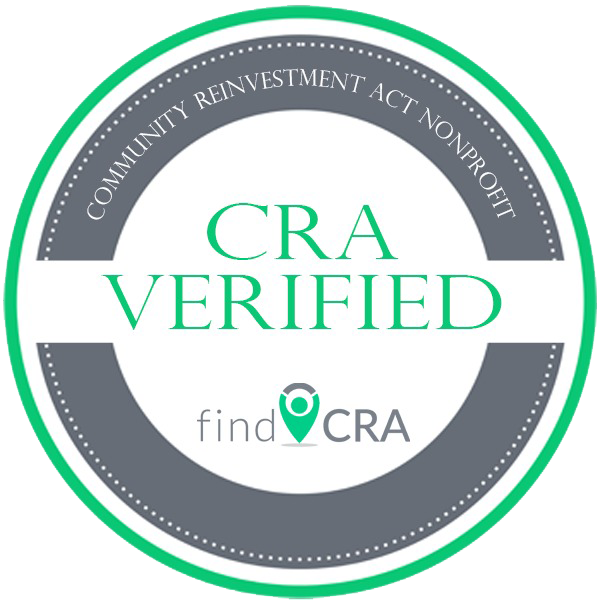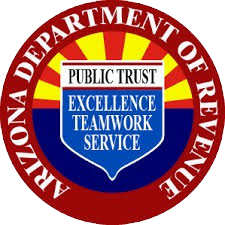Community Reinvestment: Low Income Based Scholarships Inc. (CRLIBSI)
Introduction
The terrain of primary education is in a state of flux, increasingly acknowledging the distinct requirements of neurodivergent learners. In Arizona, private educational institutions have surfaced as a beacon of hope, offering tailor-made education for these unique students.
Yet, the financial burden of private education often looms large, especially for students hailing from economically disadvantaged backgrounds. In this scenario, Arizona state tax credit donations have risen to prominence as a potential lifeline, providing a pathway to facilitate these students’ journey towards quality education.
The investigation will probe into the advantages and hurdles of private education for these learners, and the contribution of tax credit donations in enhancing educational accessibility.
I. Exploring the Definition and Unique Traits of Neurodivergent Students
The term ‘neurodivergent students’ is used to describe individuals whose neurological development and functioning diverge significantly from what is considered conventional. This divergence can manifest in various forms, including but not limited to, autism spectrum disorder (ASD), attention deficit hyperactivity disorder (ADHD), dyslexia, and other learning disabilities. These students, with their unique cognitive profiles, often exhibit a blend of strengths and challenges that necessitate specialized educational strategies tailored to their individual needs.
II. The Advantages of Private Primary Education for Neurodivergent Students
1. Personalized Attention and Support
2. Customized Curriculum and Pedagogical Approaches
3. Emphasis on Inclusion and Acceptance
III. Obstacles and Hurdles Encountered by Low-Income Neurodivergent Students in Accessing Private School Education
Several significant challenges and barriers impede low-income neurodivergent students from accessing private school education:
Financial Limitations: The high tuition fees associated with private schools can be a significant barrier for low-income families, making it challenging for them to afford specialized education for their neurodivergent child.
Scarcity of Scholarships or Financial Aid: Although some private schools offer scholarships or financial aid, these resources are often limited. This scarcity leaves many low-income neurodivergent students without the necessary financial support.
Transportation and Logistical Complications: Private schools may be situated far from the students’ residences, posing transportation challenges for low-income families who may lack access to reliable transportation options.
IV. The Potential of Tax Credit Donations in Enhancing Access to Quality Education for Low-Income Neurodivergent Students
Tax credit donations have emerged as a promising solution to enhance access to quality education for neurodivergent students from low-income families. In states like Arizona, tax credits are offered for contributions made to certified school tuition organizations (STOs). These organizations provide scholarships to students attending private schools. Such tax credit donations can help alleviate the financial burden of private school tuition for low-income families, making it more feasible for them to enroll their neurodivergent child in a specialized educational setting.
Regarding transportation: many specialized private schools include transportation accommodations in the cost of tuition. However, it is a goal for CRLIBSI to become more involved with an effort to reduce this barrier in the future.
The Role of Community Reinvestment: Low Income Based Scholarships Inc. in Enhancing Access to Quality Education for Low-Income Neurodivergent Students
Private primary education in Arizona is not only effective but also highly pertinent for neurodivergent students. The individualized attention, specialized curriculum, and teaching methods, coupled with an inclusive and accepting culture, allow private schools to meet the distinct needs of neurodivergent learners (Forbes, 2021). These institutions foster a nurturing environment that promotes academic, social, and emotional growth.
Donations act as a pivotal tool to bridge the financial divide and make private education more accessible for these students (Arizona Department of Revenue, 2021). By offering financial aid, tax credit donations ease the burden of tuition fees, enabling a larger number of students to attend private schools that cater specifically to their needs.
The Southwest Autism Research & Resource Center (2021) reports that 1 in 54 children in Arizona are diagnosed with autism, underscoring the need for specialized education for neurodivergent students. The Private School Review (2021) provides an exhaustive list of special education private schools in Arizona, highlighting the range of options available for neurodivergent students. Moreover, Community Reinvestment: Low Income Based Scholarships (2023) offers scholarships specifically aimed at low-income families, further showcasing the potential for financial aid in accessing private education.
The discoveries of this research resonate with prior studies that have underscored the benefits of private school education for neurodivergent students. A study conducted by the Southwest Autism Research & Resource Center (2021) suggests that private schools frequently offer specialized programs and services that cater to the unique needs of neurodivergent learners.
These schools provide:
Reduced class sizes
Individualized teaching
A supportive milieu that encourages academic and social growth
In addition, previous research has also stressed the significance of financial aid in enhancing access to private education for low-income neurodivergent students. Scholarships and tax credit donations have been recognized as effective strategies to tackle the financial hurdles these students face and ensure equal educational opportunities (Community Reinvestment; Low Income Based Scholarships, 2023).
Closing Reflections
The results of growing research suggest that tax credit donations can significantly contribute to expanding access to quality education for neurodivergent students from low-income families. By offering financial aid, these donations can lessen the weight of tuition fees and enable a larger number of students to attend private schools tailored to their specific needs. The statistical data and instances cited in this study underscore the positive effect of tax credit donations on educational accessibility for neurodivergent students.
References
1. Forbes. (2021). What Is Neurodivergent? – Forbes. Retrieved from https://www.forbes.com/health/mind/what-is-neurodivergent/
2. Arizona Department of Revenue. (2021). Credits for Contributions to Certified School Tuition Organizations – Arizona Department of Revenue. Retrieved from https://azdor.gov/tax-credits/credits-contributions-certified-school-tuition-organizations
3. Southwest Autism Research & Resource Center. (2021). Prevalence of Autism Increases to 1 in 54 Children – Southwest Autism Research & Resource Center. Retrieved from https://autismcenter.org/prevalence-autism-increases-10-1-54-children/#:~:text=In%20Arizona%2C%20key%20findings%20indicate,U.S.%20where%20CDC%20tracks%20ASD.
4. Low Income Based Scholarships. (2021). Low Income Based Scholarships. Retrieved from https://lowincomebasedscholarships.com/
5. Raising Arizona Kids. (2021). Special Needs Resources in Arizona – Raising Arizona Kids. Retrieved from https://www.raisingarizonakids.com/special-needs-resources-arizona/
6. Private School Review. (2021). Special Education Private Schools in Arizona – Private School Review. Retrieved from https://www.privateschoolreview.com/arizona/special-education-private-schools
7. Phoenix Autism. (2021). Navigating Autism in Arizona – Phoenix Autism. Retrieved from https://phxautism.org/autism-in-az/navigating-autism-in-az/
8. Centers for Disease Control and Prevention. (2021). Autism Spectrum Disorder (ASD) – Centers for Disease Control and Prevention. Retrieved from https://www.cdc.gov/ncbddd/autism/index.html









